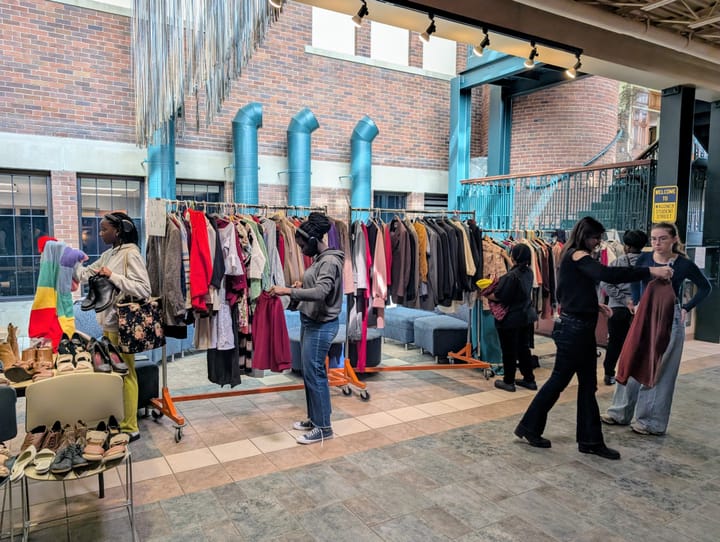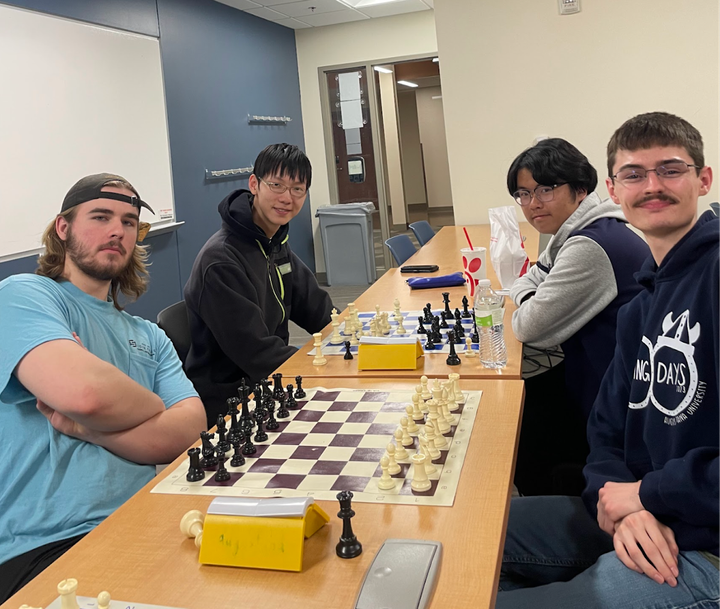Yik Yak: hack or attack?

Anonymous speech online is controversial — while anonymity has been crucial for the development of online communities, especially in minority populations, it has also been abused in horrible ways. It’s also the central gimmick of Yik Yak, an app where users post short anonymous “Yaks” that can be seen by other users within a five-mile radius.
I was a middle schooler when Yik Yak came online in 2013. The app shut down in 2017 after several high-profile scandals surrounding harassment and bullying. In August 2021, it was announced that Yik Yak would make a comeback, with new-and-improved Community Guidelines and aggressive content moderation, which is quick to remove reported yaks.
With the new release, many students are likely Yik Yak-curious or worry that they’re missing out by not using the app. But is Yik Yak worth your time or, as Hannah Redder wrote in these pages seven years ago, are you “not missing that much”?
I’ve been using Yik Yak for the better part of this semester. In the beginning, I was excited by the idea of an alternative to Twitter, Snapchat and Instagram. I’m an avid lurker on these platforms but have slowly stopped posting over the past year. The promise of Yik Yak is tantalizing: It offered the dopamine of fake internet points without the horror of being known.
Unfortunately, any hopeful optimism that one might bring to their first Yik Yak experience is quickly stamped out by the aggressively unpleasant experience of using the app. The best yaks are basic observational humor, most of which are stolen tweets or Tumblr text posts from 2015.
Part of the appeal of the app is that if your Yak flops, it’s not attached to your name, so you can just send another one. The resulting platform evokes a nightmare version of Twitter where you can only see peoples’ drafts.
Yik Yak is notorious for bullying and harassment, and the Augustana “herd” is no exception. Almost every week, a new person is dragged through the mud. When someone complains about bullying on the app, they’re met with the convincing rebuttal that “bullying builds character.”
People often celebrate the “tea” they can presumably only find on Yik Yak, but most of the alleged tea consists of the same pattern: a Yak saying “You won’t believe what ____ did!” with numerous unanswered replies asking “What?!!”
Besides the overt harassment, bullying and gossip, using Yik Yak is a soul-sucking experience in general. Most people take to the app to emphatically complain about minor inconveniences, ask “who’s throwing?” or inquire about “plugs” (how the last request would work logistically confounds me). While not every Yak is negative, the fastest way to get upvoted isn’t an original joke but by dunking on that week’s victim of the day.
After using the app for a couple months, I’ve come to the conclusion that everyone around me is miserable. Often when I’m sitting in the library, I find myself wondering if the guy at the next table might be the person who posted “I wish my roommate would like, die,” followed by the sparkle emoji. Is each of my classmates poised to anonymously malign a fellow student if given the chance to do so? As one yak recently put it, “You guys treat people on here like characters in a movie.”
It’s hard to tell if everyone really hates their lives, or if the platform simply attracts unhappy people. I wouldn’t be surprised if, like Twitter, a majority of content is posted by the same handful of chronically online users. Maybe Yik Yak is proof of the sinister depravity of human nature, which my classmates are no exception to. But even if that’s true, I don’t want to be reminded of it every day when I open my phone.



